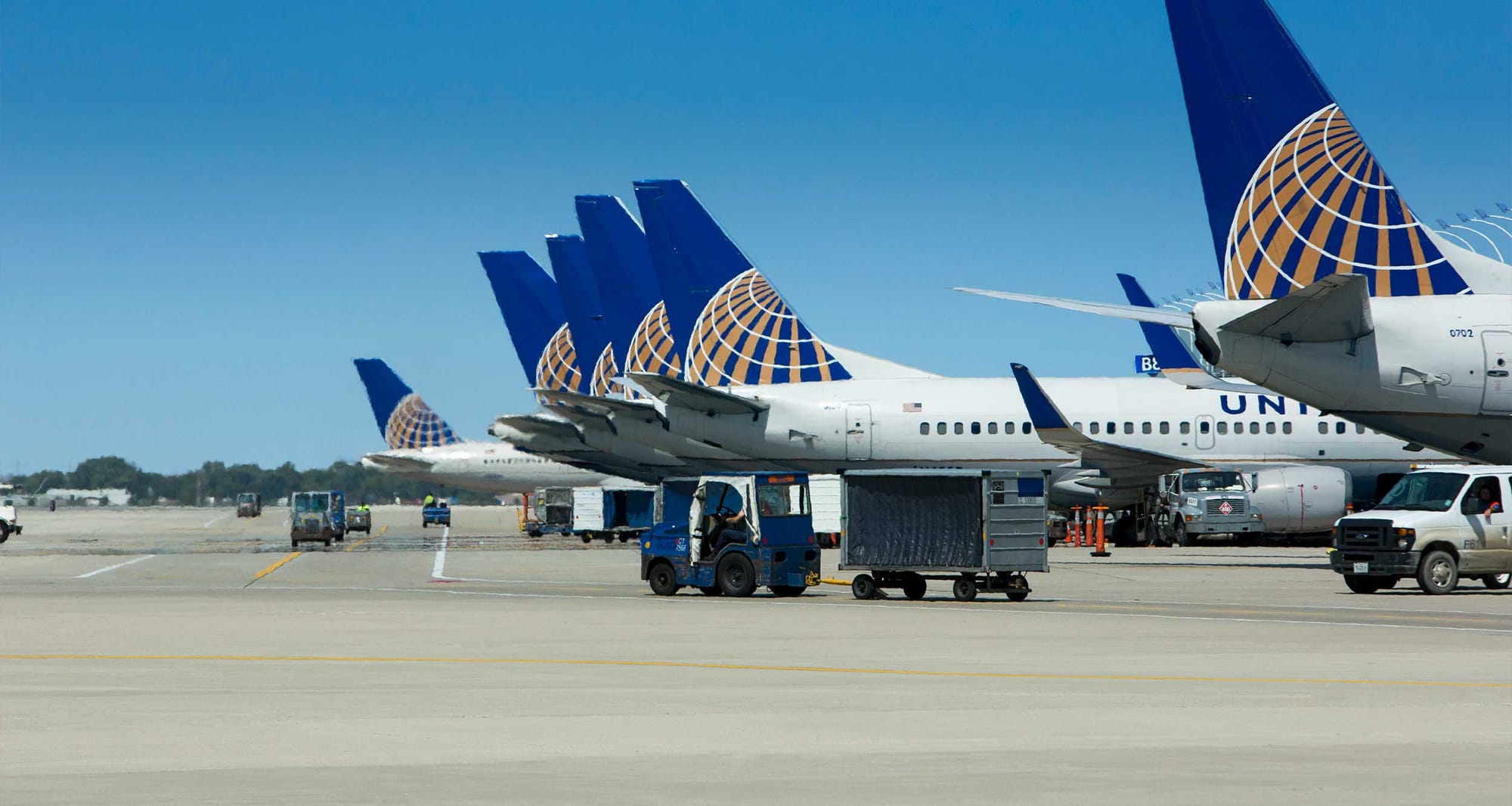Last month, United Airlines announced that it was “permanently getting rid of change fees” on certain tickets with immediate effect. United’s announcement forced competitors like American, Delta and others to respond by eliminating some of their own onerous fees. Upon closer examination, though, each airline has taken a slightly different approach and some policies are more generous than others. I’ve collected the key components of each airline’s change fee policy below, starting with United since they were the first to act.
United Airlines
United CEO Scott Kirby released a video announcing the elimination of change fees, which I have embedded below.
The airline is ending change fees on Economy, Economy Plus, United Premium Plus, United Business and United First class tickets for travel within the United States, including Puerto Rico and the U.S. Virgin Islands. Basic Economy ticket holders are still prohibited from making changes or cancelling the ticket.
According to the airline’s FAQ, if your new flight costs less, United will keep the difference and you won’t receive a refund or a credit for future travel. That’s hardly generous.
Southwest Airlines
Southwest, which has no change fees of any kind, took to Twitter and threw some shade at its competitors for finally getting with the program.
The airline pointed out that the carriers making their big announcements only promised to eliminate certain change fees (i.e. for flights within the U.S.), whereas Southwest has no change or cancellation fees on any ticket to any of the destinations it serves. To learn more, check out Southwest’s “Transfarency” policy.
Alaska Airlines
Beginning January 1, 2021, Alaska Airlines will eliminate change fees on all Main and First Class fares, everywhere the carrier flies. This will not apply to Saver fares, which are Alaska’s equivalent of basic economy tickets – they cannot be changed or canceled. More details on the policy are expected to be announced closer to the effective date.
Allegiant Air
Allegiant is a low-cost carrier and it has made no modifications to its ticket change and cancellation policy. Without a fully flexible ticket, passengers will have to pay $75 to change or cancel a ticket, but this must be done at least 7 days before departure.
American Airlines
Effective immediately, American Airlines has announced that it is “eliminating all change fees for First, Business, Premium Economy and Main Cabin tickets for all domestic and short-haul international flying.” This means that, with the exception of Basic Economy tickets, passengers will be able to change or cancel tickets within the following destinations:
- Any of the 50 U.S. states
- Canada
- Mexico
- Caribbean
- Puerto Rico
- U.S. Virgin Islands
Same-day standby for an earlier flight will be available free of charge. If you purchase a ticket and make a change to a lower fare, you’ll receive a credit in the form of a future travel voucher.
Delta Air Lines
Delta quickly announced that it would follow United in eliminating certain change fees. The carrier is waiving those fees, which were formally $200 per person, on all fare types (except Basic Economy) for travel within the following regions:
- Any of the 50 U.S. states
- Puerto Rico
- U.S. Virgin Islands
It is unclear whether Delta will refund the difference in fare for changes to lower-priced itineraries, but I anticipate that they will.
Frontier Airlines
Frontier is a low-cost carrier and it has made no modifications to its ticket change and cancellation policy. The following fees apply to flight changes or cancellations, depending on when the change is made:
- 60+ days before departure — $0 fee
- 59 to 14 days before departure — $79 fee
- 13 days or less before departure — $119 fee
These fees are per passenger, and the value of cancelled tickets is returned in the form of a future travel credit that must be used within 90 days. Due to the low cost of Frontier tickets, the airline’s change and cancellation fees typically eat up most (if not all) of the value of the ticket.
Hawaiian Airlines
Effective September 3, 2020, Hawaiian Airlines eliminated change fees for customers with Main Cabin, Extra Comfort or First/Premium Cabin Class tickets, with the exception of Main Cabin Basic fares. The policy update applies to all flights operated by Hawaiian, both domestic and international.
JetBlue Airways
JetBlue has opted not to join the party, and its change and cancellation fees remain unchanged. For reference, they are as follows (source):
- Blue Basic Fare — Tickets cannot be modified or canceled.
- Blue & Blue Plus Fares — For fares under $100, a $75 per-person fee applies; for fares valued at $100 to $149.99, a $100 per-person fee applies; for fares valued at $150 to $199.99, a $150 per-person fee applies; and for tickets valued at $200 or more, a $200 per-person fee applies.
- Blue Extra Fares — There is no fee to change or cancel your reservation prior to departure, only a difference in fare will apply.
Essentially, unless you purchase a flexible “Blue Extra” ticket, JetBlue is going to keep the majority of your money if you need to change or cancel the ticket.
Spirit Airlines
While Spirit has temporarily suspended change and cancellation fees due to the coronavirus pandemic, it is unlikely that this offer will continue indefinitely. Prior to the pandemic, Spirit charged $90 for flight changes made online and $100 for changes made with an agent.
COVID-19 Fee Waivers
Every airline listed here has instituted certain change and cancellation fee waivers due to the coronavirus pandemic. In some cases, these waivers may apply to basic economy tickets, even though those might normally be excluded from the airline’s ticket modification policies.
There is certainly some value in purchasing during this time of uncertainty, as airlines are increasingly willing to grant future flexibility in exchange for your much-needed cash.
Final Thoughts
Despite the policy changes listed here, Southwest Airlines still has the most flexible policy on ticket changes. No destinations or fares are excluded, and passengers never lose money – no matter how many changes they make.
Next most generous are the policies of Alaska and Hawaiian Airlines, which allow passengers to make changes to tickets everywhere the carriers fly. Although those carriers both have small route networks, American Airlines is close behind. AA offers fee-free changes to tickets within the United States, Canada, Mexico and the Caribbean. That’s a better deal than both Delta and United.
If you’re planning to travel abroad – say, to London or Paris – these policy changes won’t mean anything to you. Airlines are still charging jaw-dropping fees for changes to long-haul international tickets, and there’s really no way around that. But, if you’re traveling in the United States, you should now have some additional flexibility.
Featured image courtesy United Airlines.















